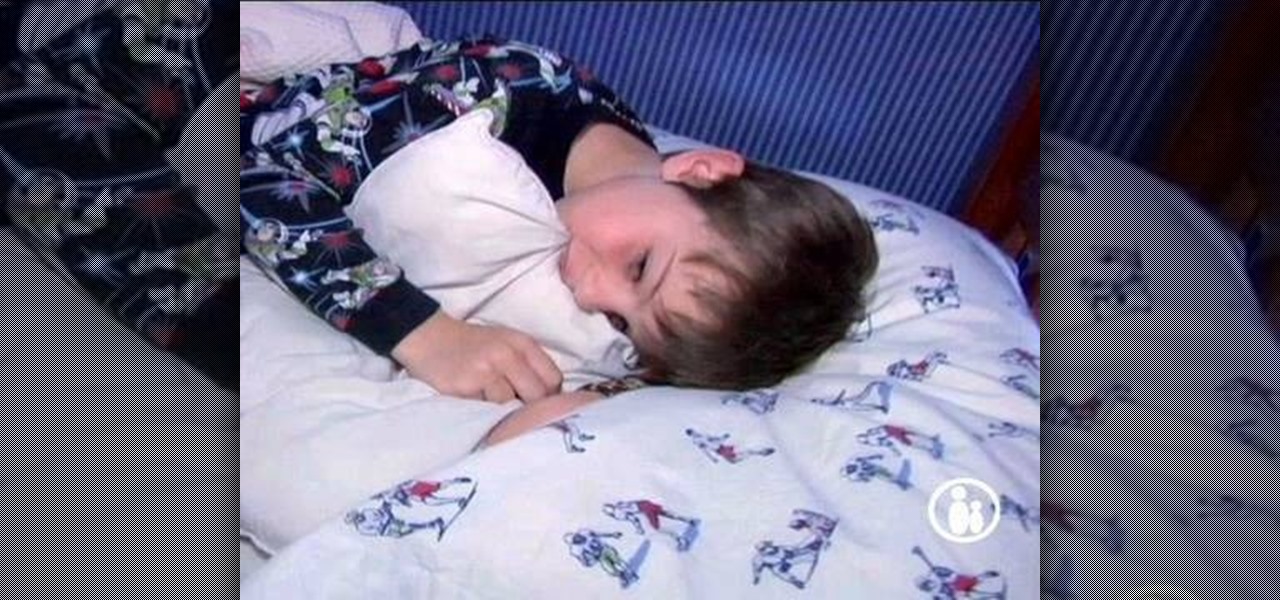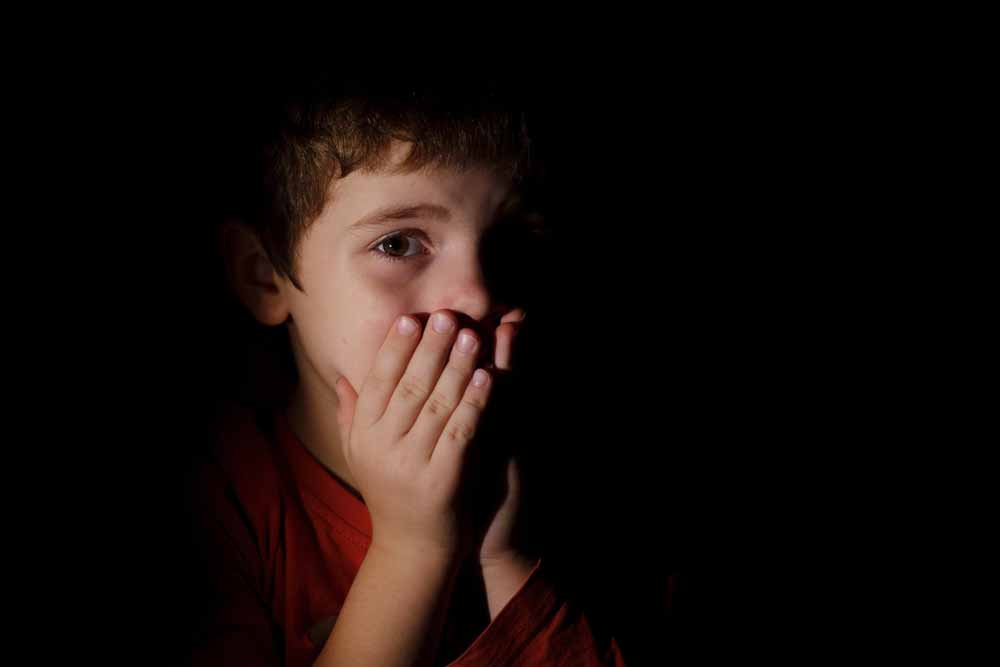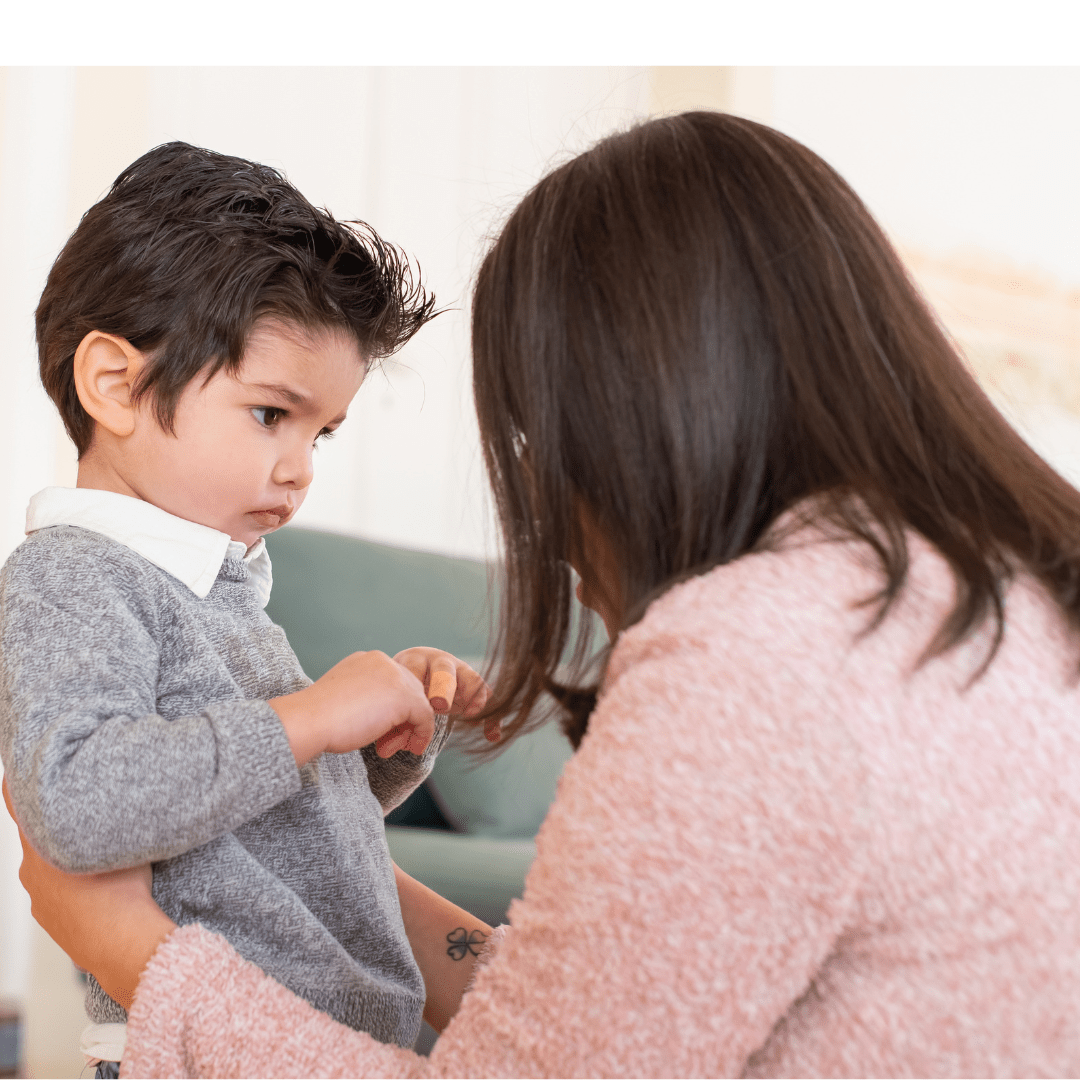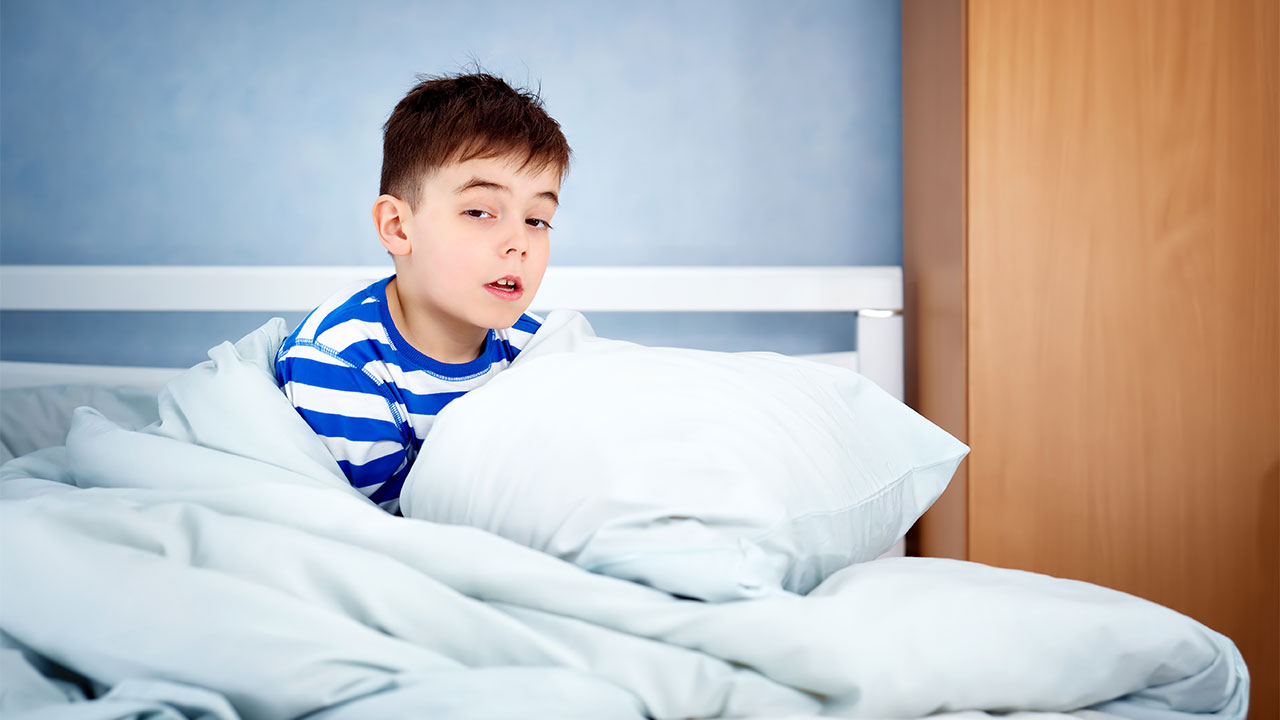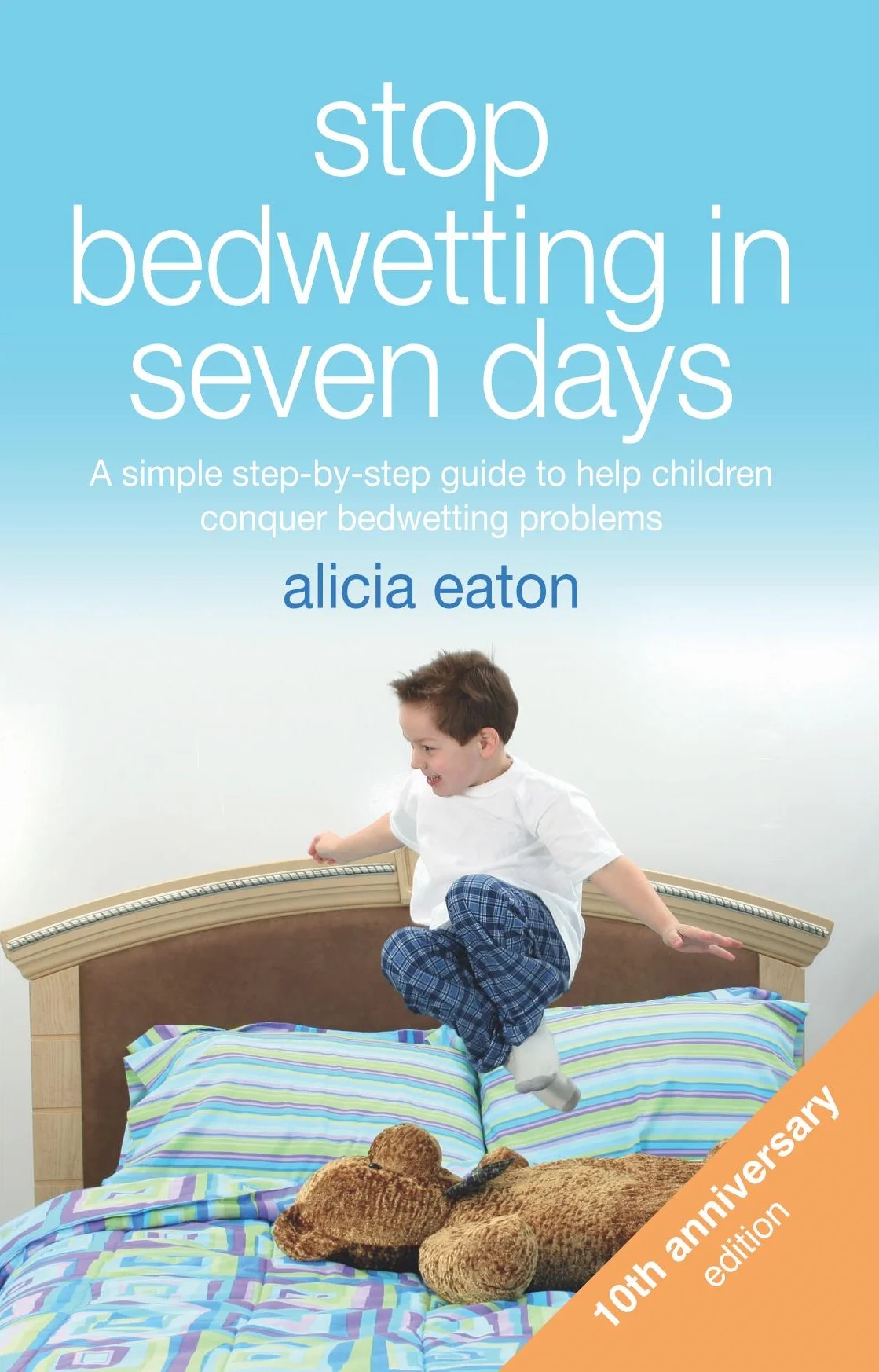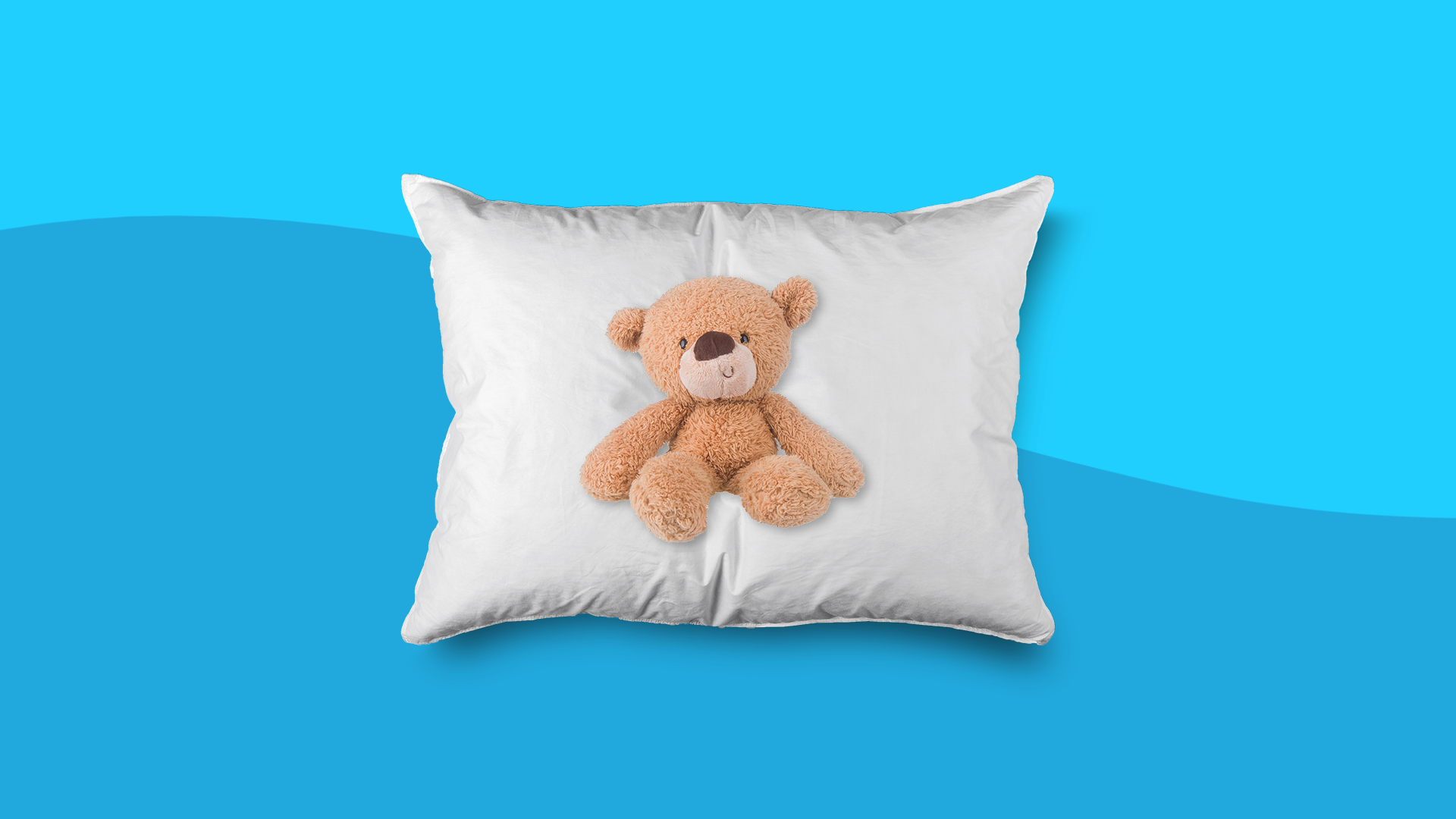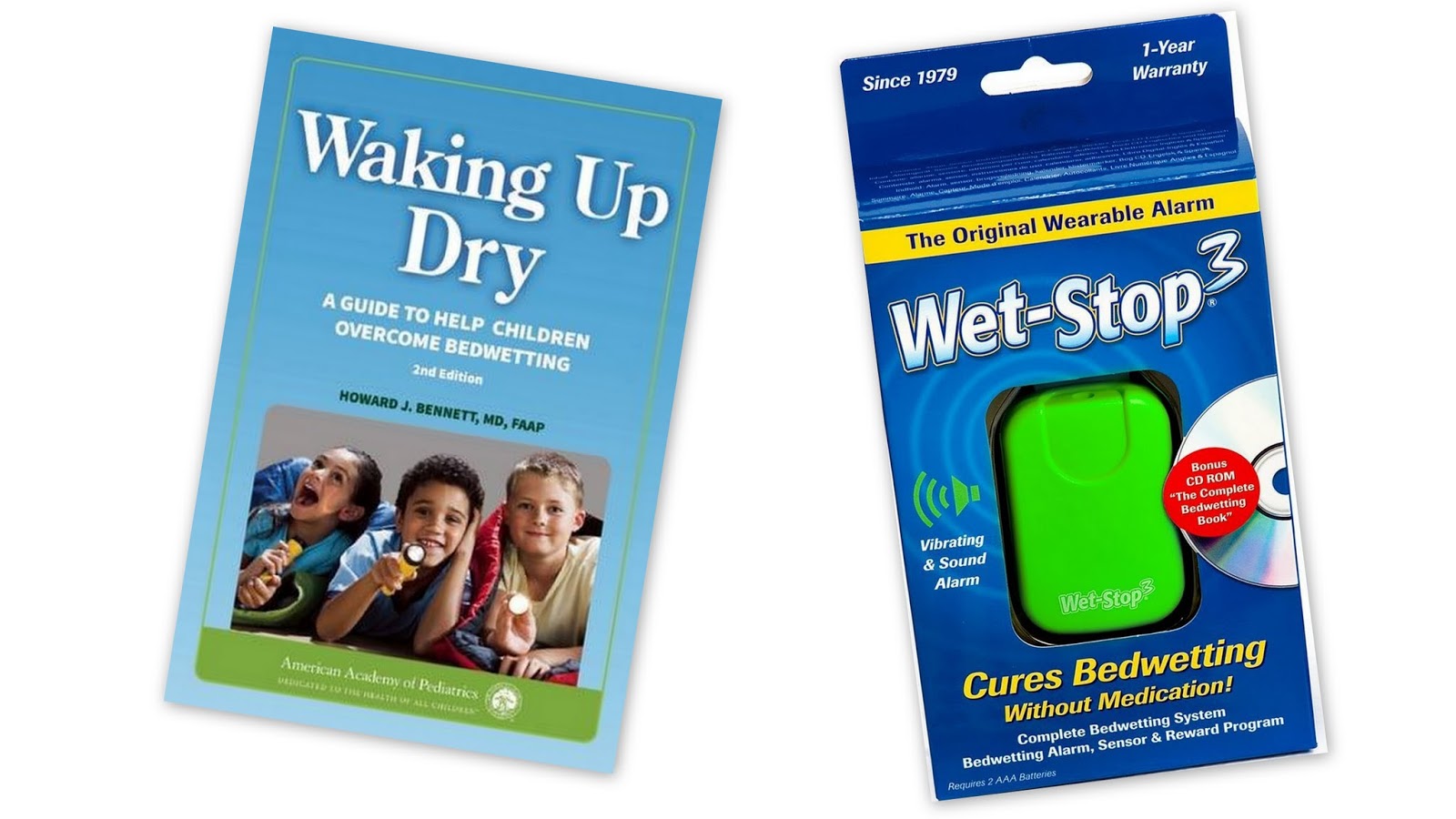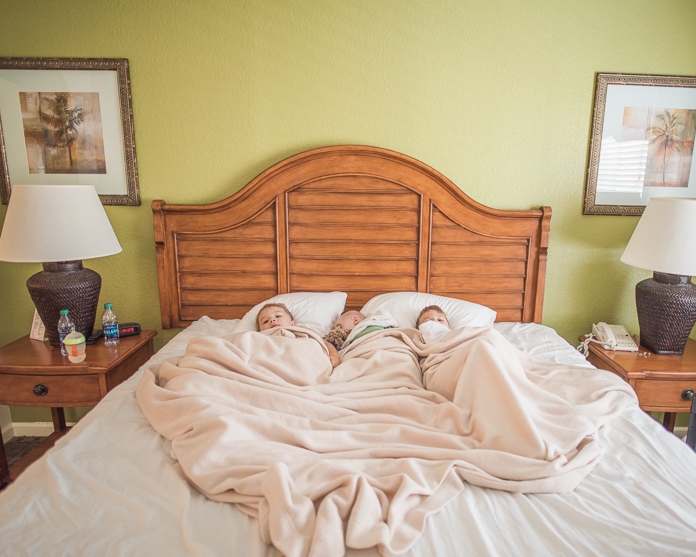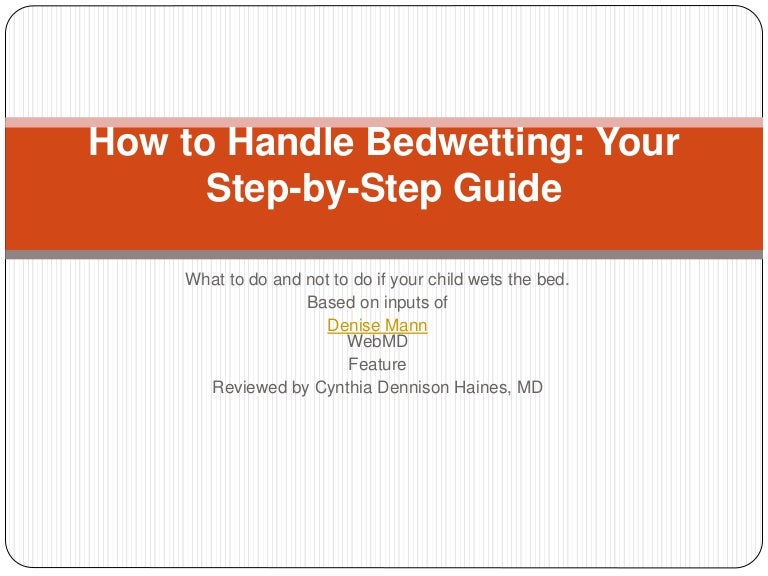Painstaking Lessons Of Tips About How To Handle Bedwetting

There are also practical things you can do to reduce bedwetting:
How to handle bedwetting. Method 1 primary nocturnal enuresis 1 recognize that in most cases bedwetting is something that a child must simply grow out of. How to stop children wetting the bed. Wake your child about 1 to 2 hours after going to sleep and take him/her to the bathroom.
Let your child know it’s not his/her fault and that other children wet the bed too. Bladder training is helpful for people with a functionally small bladder. Bedwetting alarms work with a sensor in the child's pajamas or underwear that links to an electronic alarm.
This will help ensure that the bladder isn’t working too hard during the night, which can lead to bedwetting. When the sensor becomes moist, the alarm is triggered. Your child still wets the bed after age 7.
Soggy sheets and pajamas — and an embarrassed child — are a familiar scene in many homes. The alarm unit may also be wireless and placed on the counter. Your child is already in school — but they’re still wetting the bed at night.
Most kids will stop wetting the bed after the age of 5, but 15% of children will continue to wet the bed up to the age of 7. Bedwetting can be embarrassing among kids, but it's very common. Avoid caffeine, which stimulates the bladder.
Your child starts to wet the bed after a few months of being dry at night. Remind your child to go to the bathroom immediately before they go to. Together you can decide what will work best for your child.
Certain steps can also help manage bedwetting, including : Create a reward system, such as stickers or books, for dry nights. You’ve tried limiting liquids after dinner.
Changing wet sheets and comforting an upset or embarrassed child isn't fun for anyone in the middle of the night. Urinary incontinence is accidental or intentional urination by children who have reached the age where they should be able to control their bladder. Children with urinary incontinence tend to also have problems wetting at night, or nocturnal enuresis.
Successfully treating or managing that condition should resolve bedwetting behavior. Generally, occasional bedwetting is considered normal in childhood and is nothing to worry about. Someone with primary enuresis has wet the bed since she was an infant, and has never had urinary continence for more than six months.
Since each child matures and hits developmental milestones at a different pace, different children stop wetting the bed at different ages. This will protect the mattress from getting wet and smelling like urine. As a result, this probably isn’t anything to be seriously worried about—even if does get irritating.

